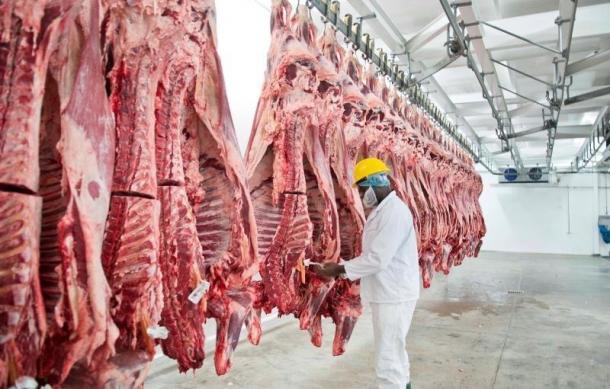
Namibia's beef exports to the European Union are under threat as the EU's new deforestation regulation comes into effect on 1st January 2025.
This regulation prohibits the entry of commodities linked to deforestation after December 2020, including beef, unless stringent environmental standards are met.
The regulation stipulates that products including cattle, cocoa, coffee, palm oil, soy, timber, rubber, and derivatives such as chocolate and furniture must adhere to stringent environmental and social standards.
This means that Namibian beef, along with fuel, wood, and charcoal, could be barred from the EU market if these commodities are sourced from deforested land or fail to comply with international laws.
In his address to the National Assembly, Minister of Agriculture, Water, and Land Reform Carl Schlettwein warned that non-compliance could lead to severe penalties.
"Non-compliance will result in the following: Fines can reach up to 4% of the operator's or traders's annual EU turnover. Confiscation: Revenues from relevant transactions may be confiscated. Exclusion: Temporary exclusion from public procurement and access to public funding for a maximum of 12 months. Suspension: Temporary suspension from placing or making available on the EU market or exporting relevant commodities/products, along with a prohibition from exercising simplified due diligence."
Schlettwein acknowledged that while the regulation presents compliance challenges, it also offers Namibia an opportunity to enhance its forest governance and environmental policies.
He called for a multi-stakeholder approach, urging various ministries, agencies, and local farmers to collaborate in preparing for the Deforestation Regulation.
"Preparatory steps may include, but are not limited to understanding and analysing the requirements; identifying relevant state actors concerned by the requirements; reviewing the legal framework and existing national and international approaches to guarantee compliance; developing strategies to consolidate and harmonise legal frameworks, especially through participatory approaches; defining indicators for legal compliance; sensitising local farmers about the content of the legislation and how to comply with it; developing legality assurance systems through auditing, certification, and chain of custody requirements; strengthening compliance with the legal framework's standard operating procedures and law enforcement strategies; and supporting independent forest monitoring to verify compliance."





